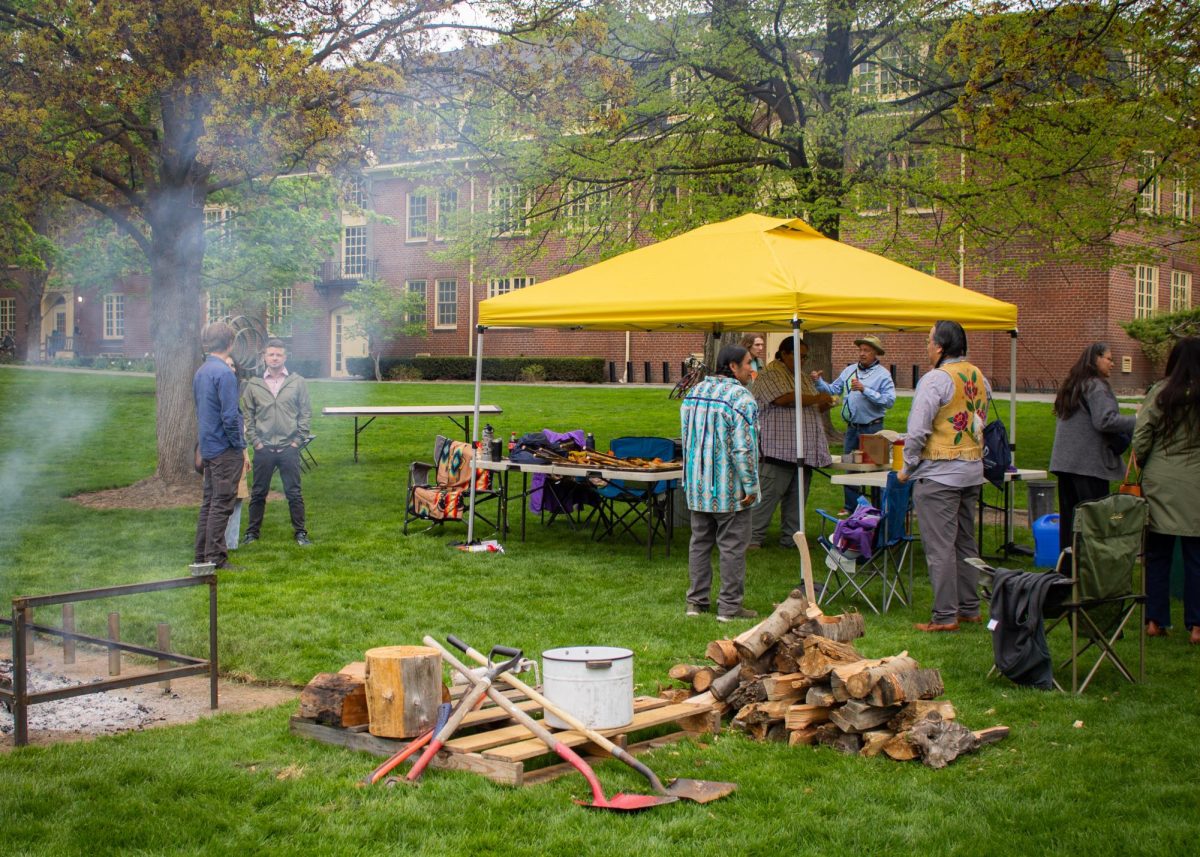by Ari van Schilfgaarde
“Don’t Bend Walla Walla”; the bumper stickers are everywhere and the talk in coffee shops and bars always comes down to the same topic: Walla Walla has been discovered. Discovered by upper-middle-class suburbanites looking to sell their expensive house in Seattle or the Bay Area and move to the country where land is cheap, wine is plentiful and the amenities are coming quickly.
This is true all over the West. As more people begin to retire with enough money to choose where they want to live, and as technology allows people to telecommute, the need to live in Pittsburgh or Indianapolis, or even Palo Alto, diminishes. People discover hamlets in the rural West and set out to make them suburban utopias.
To those of us already here this has some interesting connotations: I know Walla Walla as it was, and I rather liked it. I’m all for pastry, but the fact that I can’t get Ethiopian food or sushi are prices we must pay for wheat fields and long bike rides without semis roaring by.
See Bend. The little town has tripled in population in the last 10 years to 70,000. Last year they gave out 1,949 new home permits, and more than 6,000 residential permits. That number is set to increase this year. Robert Mathias, Bend’s building department supervisor, was quoted as saying, “We estimate that there’s a new family moving in every hour and a half.”
Until last year, this booming city had no bus system, although this year seven bus lines are operating from downtown to the booming periphery, the new OSU Cascades campus and the three high schools.
With the skyrocketing population, downtown is sure to make money, and amenities are sure to come: Deschutes Brewery is always delicious, but what about the local character of the town? The very reason that people began this inverse exodus was they wanted a place where their kids could ride their bicycles to school, where traffic was negligible and it was safe to go jogging at night. And we’ve not even discussed the environmental and wildlife degradation of a plethora of new roads, new sewers and new water connections.
Today, in a constant hurry of concrete trucks and golf courses popping up like mushrooms, Bend is becoming a caricature of itself. The sort of place that people move to only to find that the traffic and pollution they thought that they had successfully avoided has followed them into the rural environs.
The problem with a utopia for baby boomers is that utopia literally means “nowhere” both in Greek and in practice. Living a life with tremendous natural amenities inherently means that some of the advantages of living in a big city are diminished. Things like museums, art galleries, sushi restaurants and luxury shopping enclaves thrive in places where a large amounts of disposable income arise. That implicitly means industry and services, and congestion.
Walla Walla is facing a choice now. We currently have a good thing going; people want to move here, and there is a limited housing stock. We cannot keep people from coming here, but we can make the newly rich pay their dues back to society. If you want to move to Walla Walla and take part in our bicycle trails, fish in the headwaters of the Umatilla or the Impaqua, hike in the Blues or the Wallowas, or raise alpacas, be prepared to pay for schools and mental health services.
Why not stagger the incentive structures (read: tax structures) to reflect what economists call the willingness to pay curves? By allowing only those retirees who really love Walla Walla to come here we simultaneously build a community of people who really want to be here and provide for those who are not protected by the labor market.
“Don’t Bend Walla Walla” doesn’t mean don’t let our home grow: instead, it’s a call to create a community that has roots here and understands that coming here brings with it the responsibility to make it a better place. We don’t need more anonymous subdivisions: we need groups like Walla Walla 2020 and the Watershed Council. Let’s keep Walla Walla as a place that people want to move to, not another Bend, Oregon or Fort Collins, Colorado or Bozeman, Montana.








